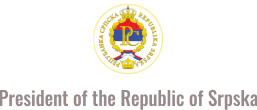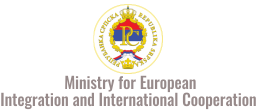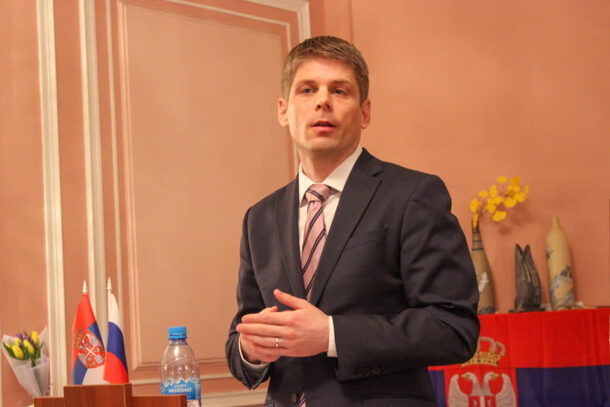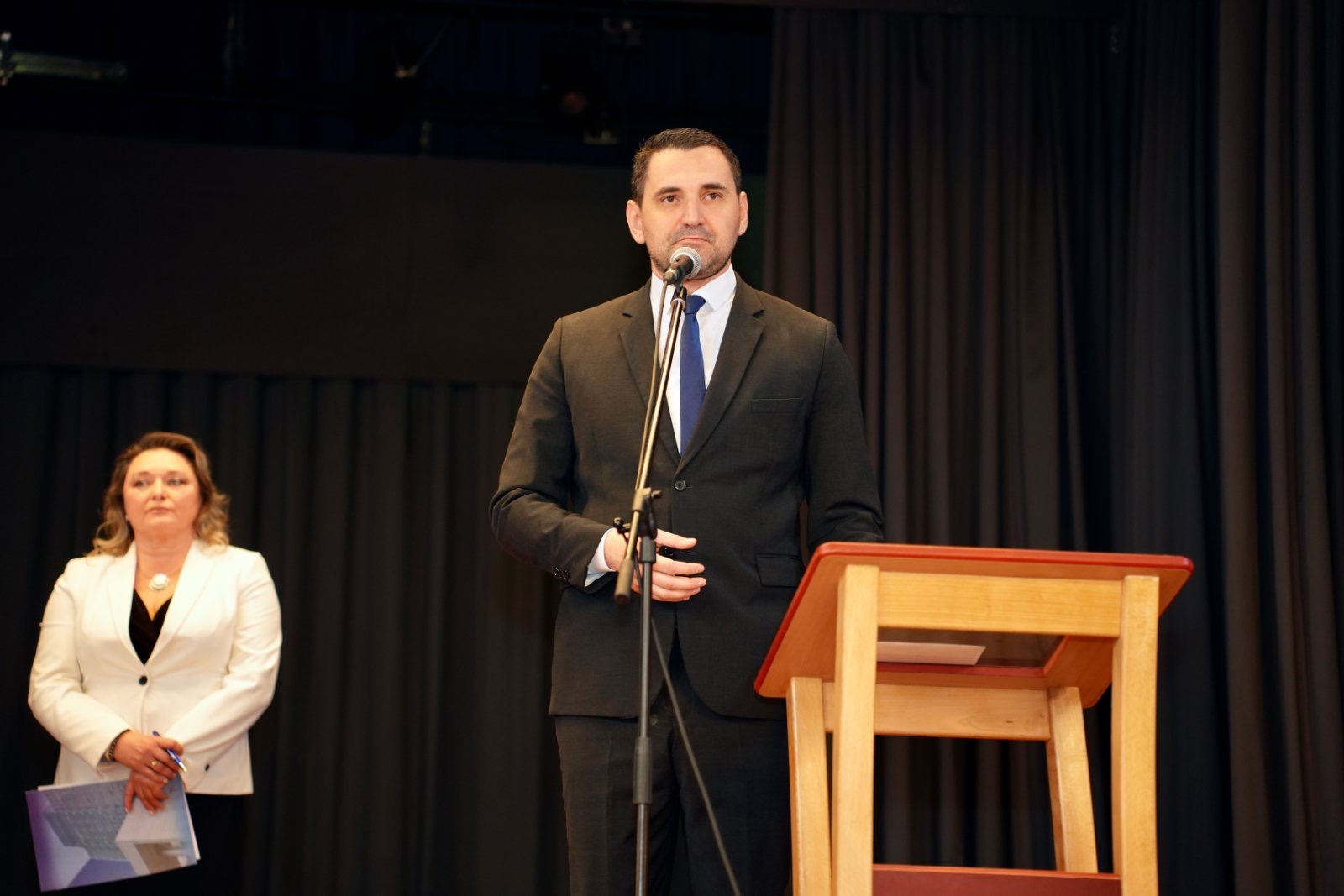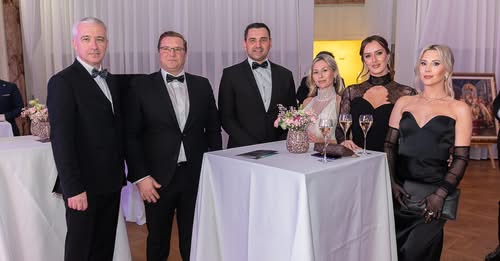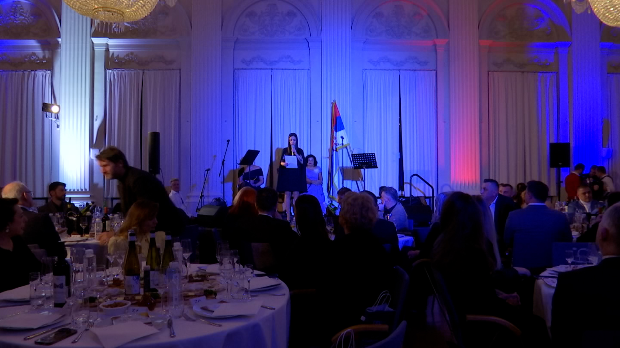More than 100 Serbian children will attend supplementary schools to be opened in Moscow, St. Petersburg and Sochi in September, said the Director of the Directorate for Cooperation with the Diaspora and Serbs in the Region, Arnaud Gouillon.
He notes that this is an outcome of his seven-day visit to Russia, which kick-started the affairs after more than two decades.
“Russia is one of the few countries where our people are present, yet supplementary schools have not been working for more than 20 years, and that is why our goal was to go there and kick-start the affairs. The opening of the schools is extremely important for Serbian children, but also for the Russians married to Serbian citizens who wish to talk with their children and in-laws in Serbian,” said Gouillon, who announced for Tanjug his plans to visit BiH next week.
Gouillon said that he expected, as news about the supplementary schools spread, the interest to grow by September and to have several classes launched in each of the three schools.
“We will supply the textbooks, equip the classrooms and assist with the teachers. For the time being, it is our Directorate dealing with this, and the next step is for the Ministry of Education to take over the competence,” said Gouillon and reminded that one of the goals he had set after coming at the helm of the Directorate was to open supplementary schools and strengthen the existing ones.
When asked whether the fact that he is a Frenchman speaking impeccable Serbian and coming from one of the most influential world cultures affected the awareness of our people about the importance of learning their mother tongue, Gouillon answered in the affirmative.
“If you are in love with Serbia and Serbian culture, nothing is difficult, all that is needed is a little will and perseverance,” said Gouillon, adding that to the many saying that it was too late for their children to start learning Serbian, he told that he also had not known a word of Serbian for a long time.
“When I tell them that I did not know a word until I was 20 and now I know everything, how to read, write, even in Cyrillic, and have no problem feeling like I am a Serb, they find it interesting and when they realize that a Frenchman has succeeded then they sometimes say that their child also can,” he says.
“Language is much more than a means of communication, it is a part of culture and identity; without language, the thread that connects the diaspora with the motherland is lost. That is why the schools are essential for us,” Gouillon said.
Gouillon added that about ten days ago, he had had a series of meetings with Russian representatives in Moscow, and one of the most important was with Yevgeny Primakov, who is at the head of the state body in charge of the Russian diaspora.
I could hear from Primakov many examples of good practice, including how they organize the Assembly of the Diaspora, how they overcome all the problems.
“When I became the head of the Directorate, I learnt that the 2009 Law provided for an Assembly of the Diaspora, but also that it had not been held since 2013. I wanted to see how the Russians did it and how they overcame the problems we were facing,” Gouillon said.
Primakov, as Gouillon added, wanted to hear about the functioning of the associations we financed which preserved the identity and culture in the diaspora, which was interesting to the Russians.
Gouillon announced that he would visit Serbs in the Federation next week and plan a trip after that to Romania, Hungary, Albania, and Montenegro.
He reminded that Serbs in the diaspora lived differently from those in the region, because their position was not always easy and they often faced discrimination and violence.
“It is important that we visit our people from the entire region, because their position differs from that of the Serbs living in New York or Paris,” Gouillon said.
https://www.dijaspora.gov.rs/gujon-posle-20-godina-u-rusiji-ce-deca-od-jeseni-uciti-srpski/
